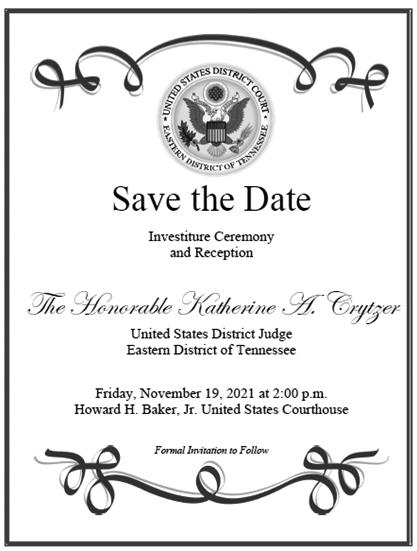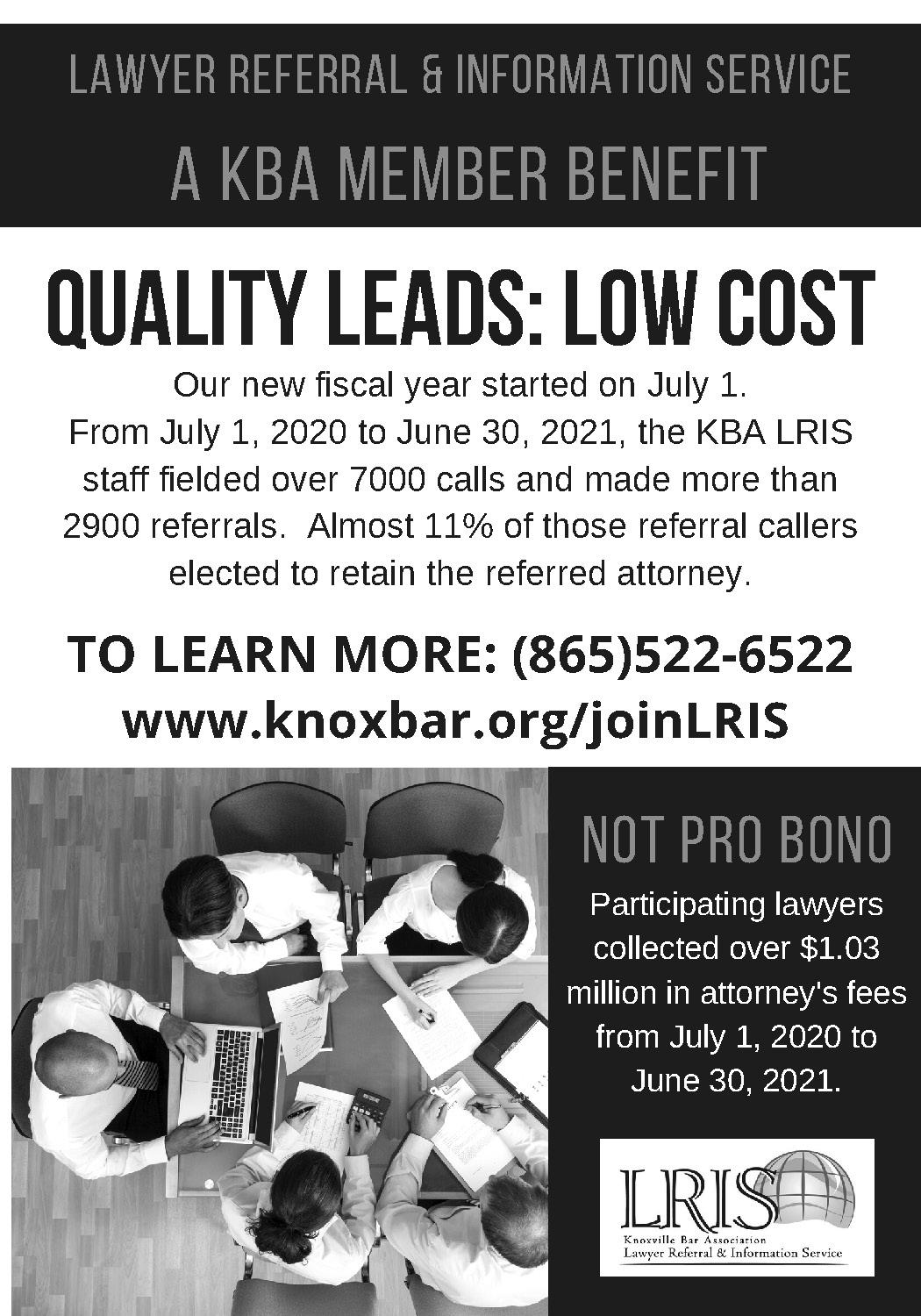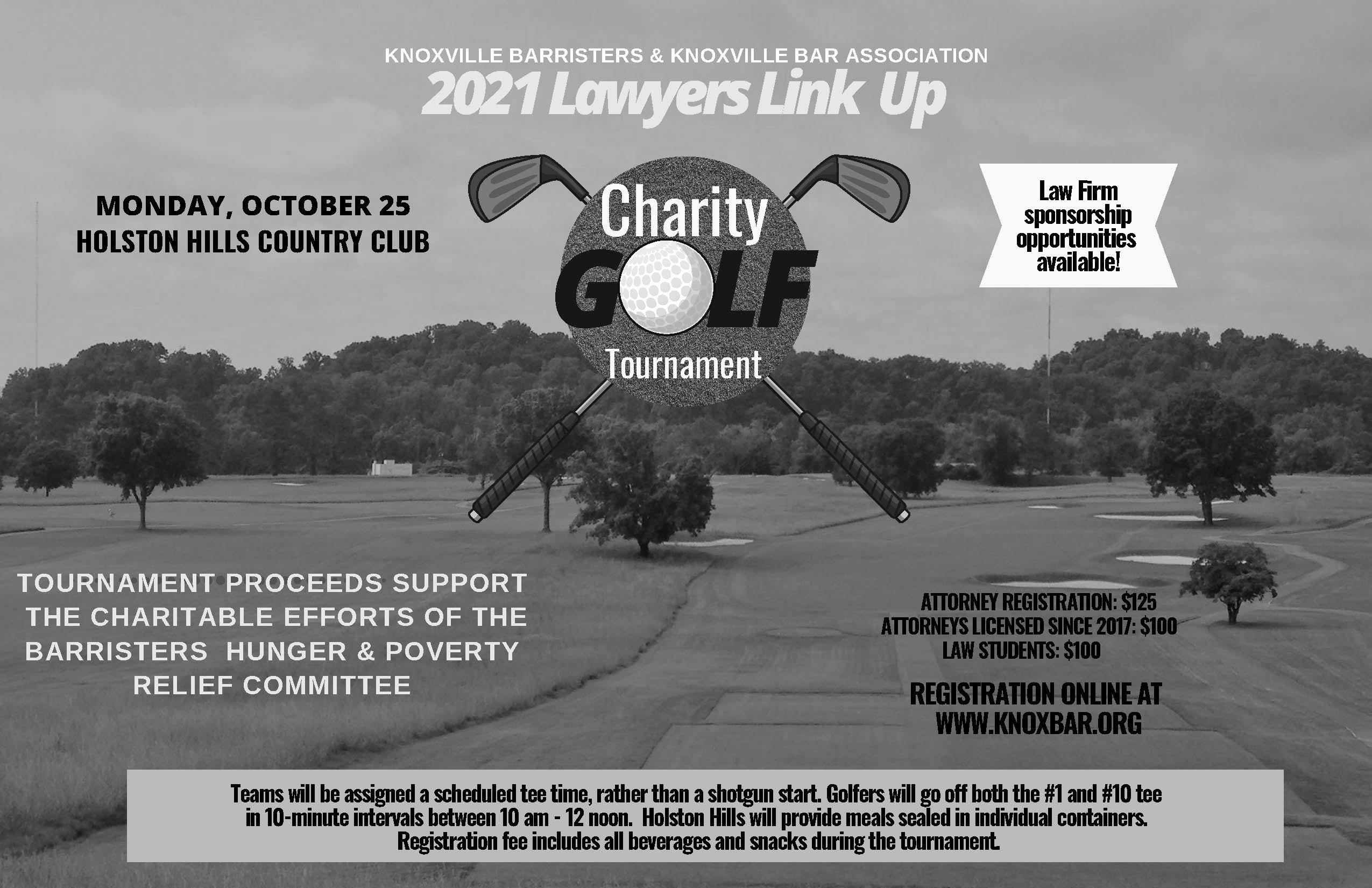
5 minute read
Management Counsel
MANAGEMENT COUNSEL: LAW PRACTICE 101 By: Caitlyn Elam & Peyton Ritchie
Lewis Thomason, P.C.
Over the past several years, courts (and businesses) have been questioning whether the protections of the Americans with Disabilities (ADA) apply to the virtual world in the form of website accessibility. In short, does the ADA require businesses to comply with standards that allow disabled persons equal access to products and services on its website?
The most recent decision comes out of the the Eleventh Circuit. Gil v. Winn Dixie Stores held that websites do not qualify as places of public accommodation (“PPA”) under Title III of the ADA.1 In Gil, the plaintiff brought a cause of action against the grocery store chain based on his inability to access the store’s website with his screen reader software. The plaintiff suffered from a visual disability wherein he utilized screen reader software to vocalize the content of websites.
The Eleventh Circuit rejected the argument that the plaintiff’s inability to access Winn Dixie’s website with his screen reader, in and of itself, constituted a violation of Title III of the ADA. Rather, the Eleventh Circuit relied on the plain language of the statute and found that websites are not places of public accommodation (“PPA”) protected by the ADA. Instead, the statute expressly defines PPA as physical, tangible places, and the statute’s list of tangible spaces did not include websites.2 As the court held that websites did not constitute PPA, it considered the plaintiff’s second argument – whether Winn Dixie’s website constituted an “intangible barrier” that prevented his “‘equal access to the services, privileges, and advantages of WinnDixie’s physical stores,’ which are a place of public accommodation.”3 The court held that the plaintiff’s Title III claim likewise failed under the “intangible barrier” theory as the facts of this case demonstrated that Winn Dixie did not make direct sales through its website and the inability to access the website did not impede one’s access to the goods and services offered in store.4 The Eleventh Circuit cited to its “sister circuits” in support of its holding. Specifically, it noted that in Ford v. Schering Plough Corp., 145 F.3d 601 (3d Cir. 1998), the Third Circuit held that “the plain meaning of Title III is that a public accommodation is a place.” In Ford, the plaintiff was challenging the disparity between disability benefits for mental disabilities v. physical disabilities.5 The Ninth Circuit would reach a similar conclusion just two years later.6 This concept is further supported by our own Sixth Circuit’s holding in Stoutenborough v. Nat’l Football League, Inc., 59 F.3d 580 (6th Cir. 1995), which challenged the NFL’s prohibition of live football games when games were not sold out. At home spectators were left to listen to live radio broadcasts as one’s only option. The court held that “[a]lthough a [football] game is played in a ‘place of public accommodation’ and may be viewed on television in another ‘place of public accommodation,’ the ‘service’ of a televised broadcast does not involve a ‘place of accommodation.’”
While the Eleventh Circuit followed these concepts from cases published in the 1990s, it distinguished the Ninth Circuit’s arguably more relevant 2019 decision in Robles v. Domino’s Pizza, LLC, 913 F.3d 898 (9th Cir. 2019), finding the case to be “factually and legally distinguishable.”7 In Robles, the Ninth Circuit held that it did not have to answer the fundamental question of whether a website was, in and of itself, a place of public accommodation. Rather, it embraced the “nexus standard” and held that “Customers use the website and app to locate a nearby Domino’s restaurant and order pizzas for at-home delivery or in-store pickup. This nexus between Domino’s website and app and physical restaurants—which Domino’s does not contest—is critical to our analysis.”8 The Eleventh Circuit noted that unlike Domino’s, Winn Dixie did not provide direct sales and services via its website while Domino’s made pizza sales through its website and app. While the Eleventh Circuit went to great lengths to distinguish the cases from a factual standpoint, it is quick to note that it was not going so far as to adopt this “nexus” standard approach. Rather, the Eleventh Circuit reverted back to relying on the plain and unambiguous language of the ADA statute and its prior in circuit precedent. Now that a Circuit split exists, there may be a (better?) chance that the U.S. Supreme Court will consider the issue and provide some uniform guidance on the proper standards to apply with regard to the ADA and website accessibility. The Supreme Court denied cert in the Robles case and in Gil, the plaintiff/appellee has filed a Petition for Rehearing En Banc with the Eleventh Circuit.9 What does this mean for a recommended path forward? If you or your client are using your website to do anything more than merely advertise services, it may be best to ensure that your website is ADA accessible. It may be that by encouraging or even forcing your prospective clients to engage or interact with your website will prove to require you to comply with accessibility standards. Stay tuned – we might have more guidance on this issue in a few Supreme Court years.
1 Gil v. Winn-Dixie Stores, Inc., 993 F.3d 1266, 1276 (11th Cir. 2021). 2 42 U.S.C. § 12181(7). 3 Gil, 993 F.3d at 1278. 4 Id. at 1284. 5 Id. at 1277, n.13. 6 Weyer v. Twentieth Century Fox Film Corp., 198 F.3d 1104, 1114 (9th Cir. 2000) (holding that per the statutory context, places of public accommodation require some “connection between the good or service complained of and an actual physical place.”) 7 Gil, 993 F.3d at 1283. 8 Robles v. Domino’s Pizza, LLC, 913 F.3d 898,905 (9th Cir. 2019). 9 Domino’s Pizza, LLC v. Robles, 140 S. Ct. 122 (2019) (denying cert.); Winn-Dixie
Stores, Inc. v. Gil, Docket No. 17-13467, (11th Cir. April 15, 2021).
About this column: “The cobbler’s children have no shoes.” This old expression refers to the fact that a busy cobbler will be so busy making shoes for his customers that he has no time to make some for his own children. This syndrome can also apply to lawyers who are so busy providing good service to their clients that they neglect management issues in their own offices. The goal of this column is to provide timely information on management issues. If you have an idea for a future column, please contact Caitlyn Elam at 546-4646.



